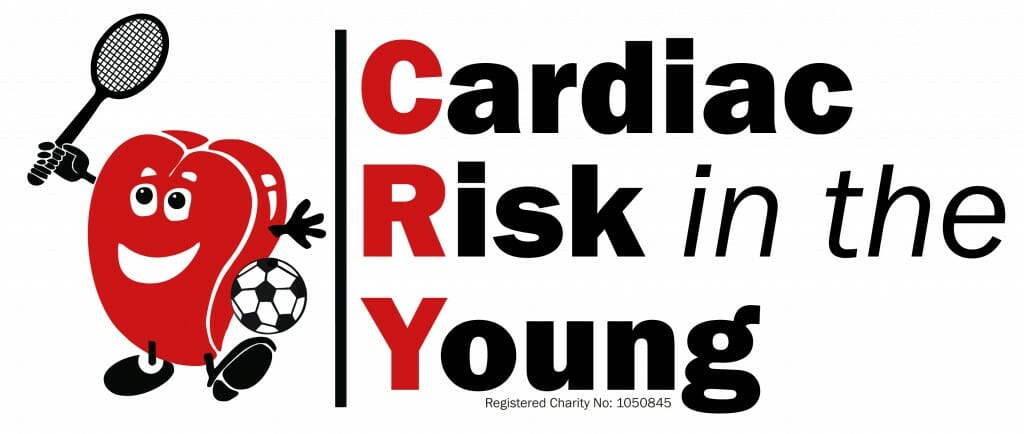In April of this year, I was diagnosed with Long QT Syndrome (LQTS). In the midst of a pandemic, this was the most unwelcome conclusion to my ongoing investigations!
In 2001, my sister Ellie died very suddenly whilst on a telephone call with me one morning. I found her body later that day with the phone still in her hand. In utter shock from her sudden passing, we were left even more distraught as the inquest could not find a cause of death.
I developed a love for running as a way of coping with the grief, and in 2011 I received a ballot place for the London Marathon. Sadly, I did not accept this place as they cautioned against taking part if there was a history of sudden death in the family. I underwent low level screening locally, however I still had many unanswered questions, and so my search for reassurance led me to CRY and Professor Sharma’s clinic at St George’s Hospital in 2012. I was met by Dr Abbas Zaidi who was a research fellow at St George’s, and I underwent extensive investigations including an ajmaline challenge searching for signs of an inherited cardiac disease. The results were all clear and I was advised that I could safely participate in endurance sports. Dr Zaidi also explained that Ellie’s cause of death was in fact Sudden Arrhythmic Death Syndrome, SADS. This was personally quite emotive and pivotal in accepting her loss.
Shortly afterwards, I was running my first marathon with one of my closest friends Fiona. My family including three children were all at the finish line cheering loudly as I completed the course in disbelief! Many marathons and ultra-marathons later, I was about to embark on a winter endurance event. I asked another dear friend of mine Nia, who is a GP on the island of Anglesey where I live, if she could take an ECG for me before I committed to competing. Nia found that I had a slightly prolonged QT interval and suggested that I contact Dr Zaidi again for some advice. 7 years after first meeting him as a research fellow, I went to his clinic at Cardiff University Hospital where he is now a Consultant Cardiologist. Repeated ECG recordings found that I did now have a prolonged QT interval. My diagnosis was complicated by the fact that in some female athletes the heart undergoes normal physiological changes demonstrated on an ECG recording and these features are in fact very similar to that of certain inherited cardiac diseases. These ECG changes revert in athletes after a period of detraining and so I significantly reduced my participation is sports over a 12 month period, and it then became clear that I still had an abnormal ECG. Genetic testing was performed and a group of specialists including world experts in LQTS, finally concluded that I do indeed have Long QT Syndrome.

I consider myself extremely fortunate to have a mild form of the disease. My family and friends have offered tremendous support over the years, as has Dr Zaidi who has been diligent with his care throughout. I have immense gratitude to CRY and everyone involved with its operation. From the research they do, the specialist training they offer doctors, to the screening that they perform, these are all vitally important components in the prevention future young sudden cardiac deaths.
